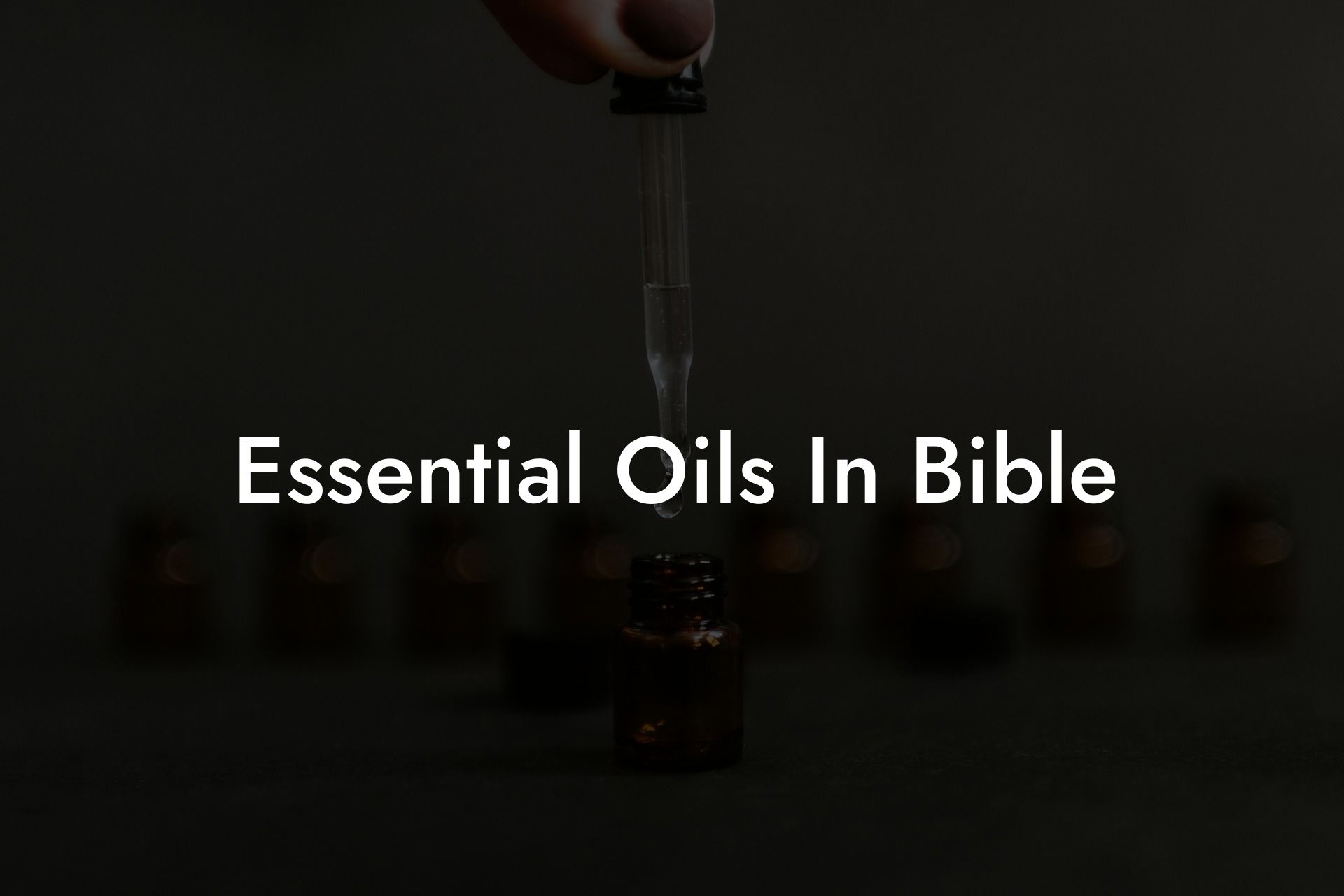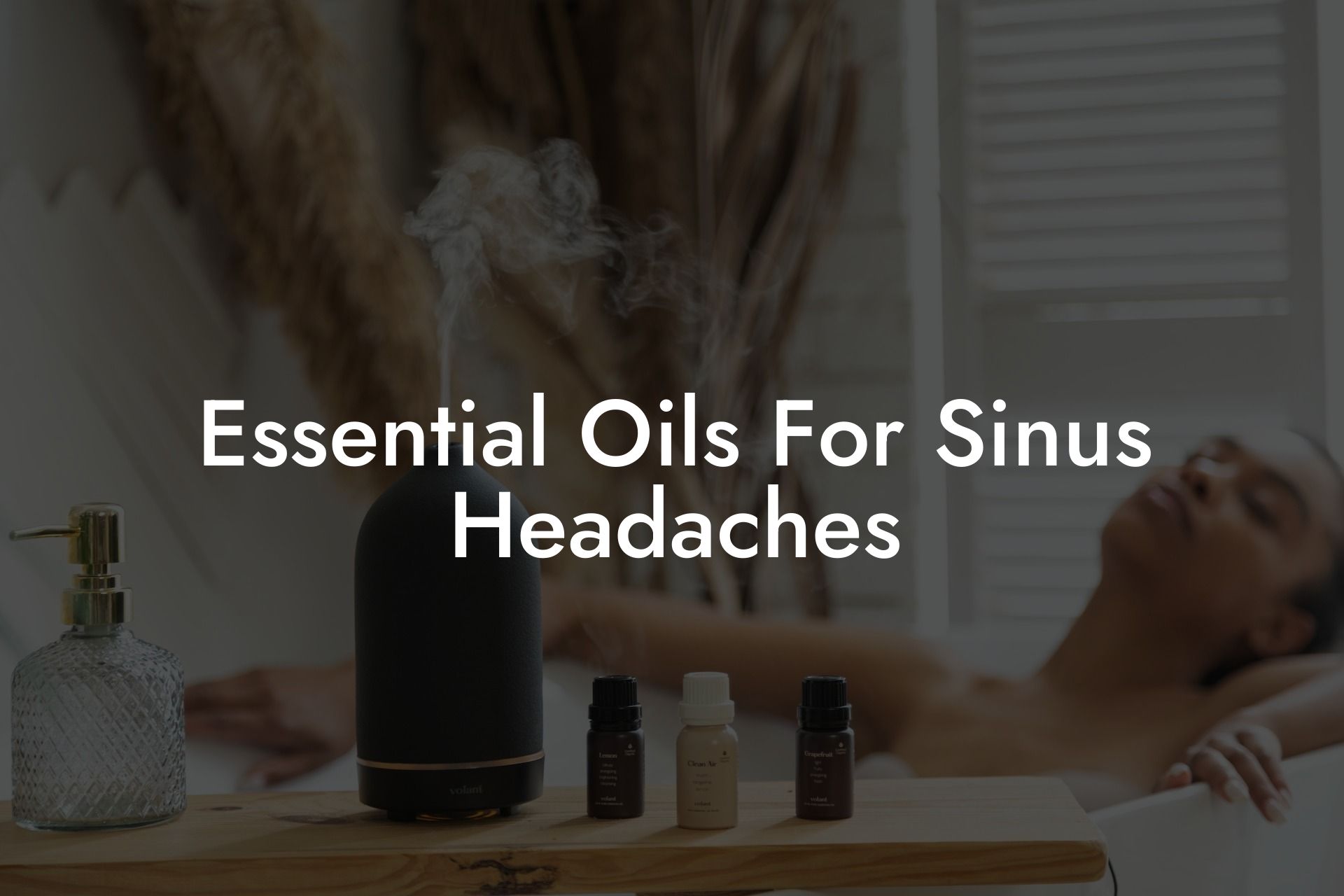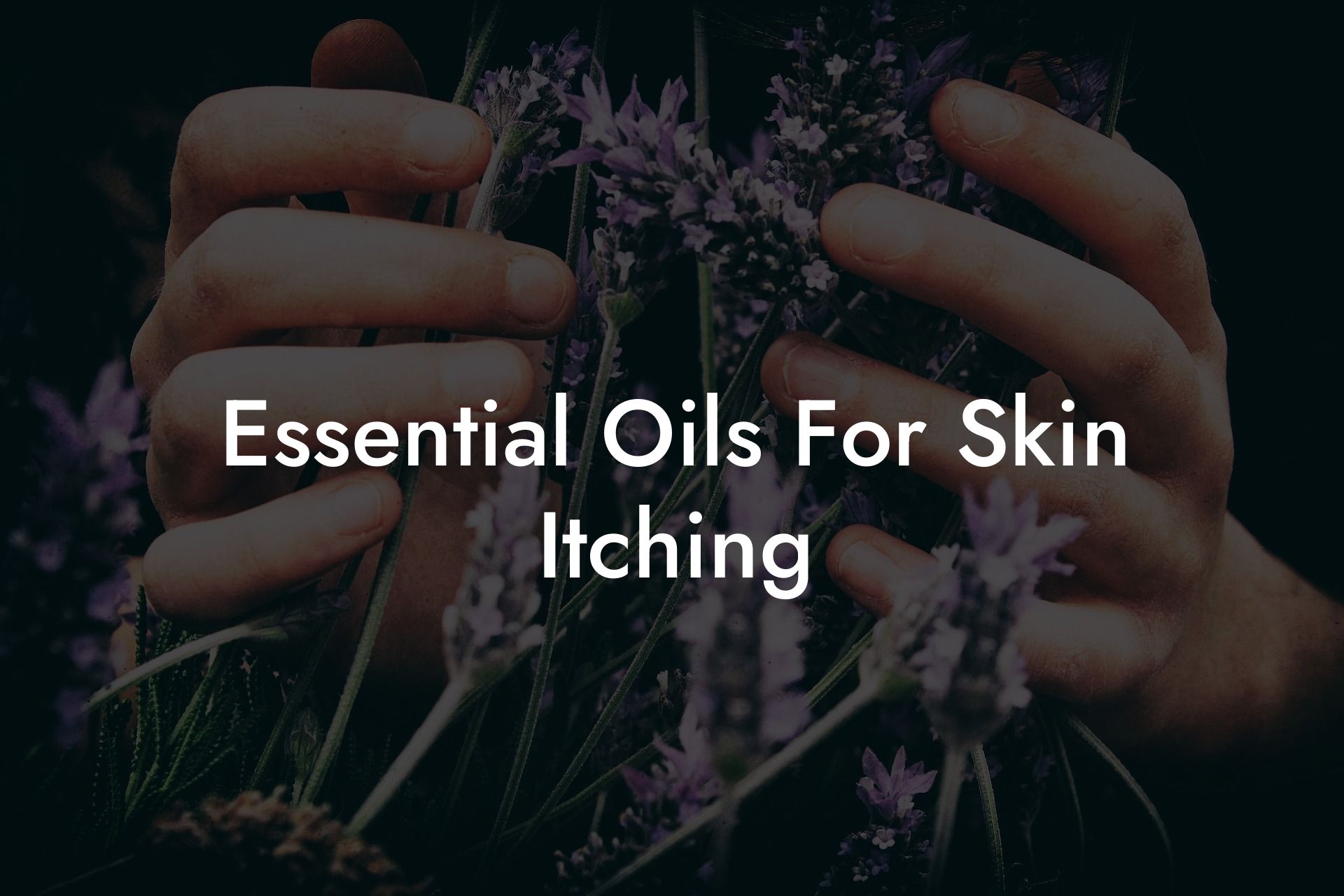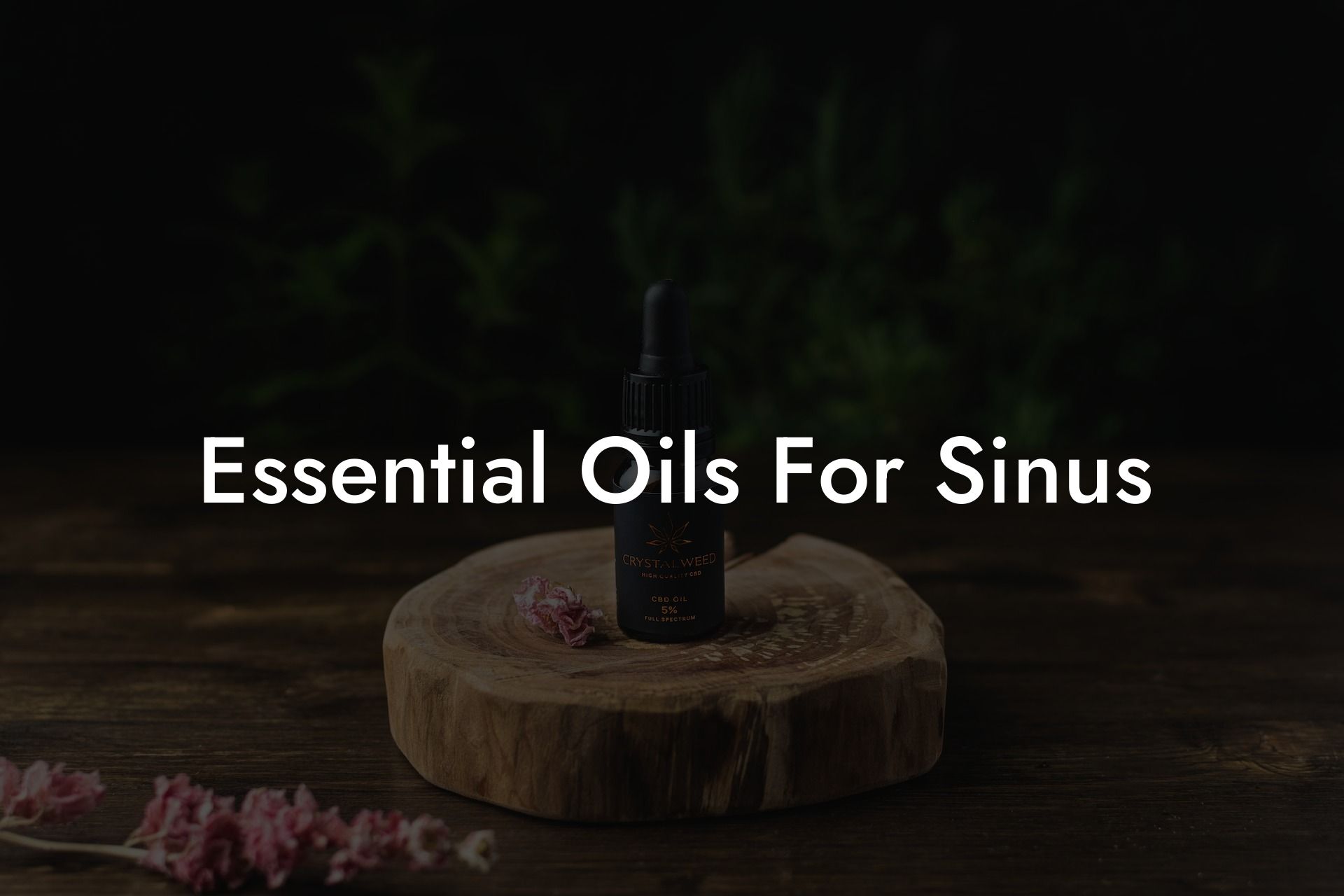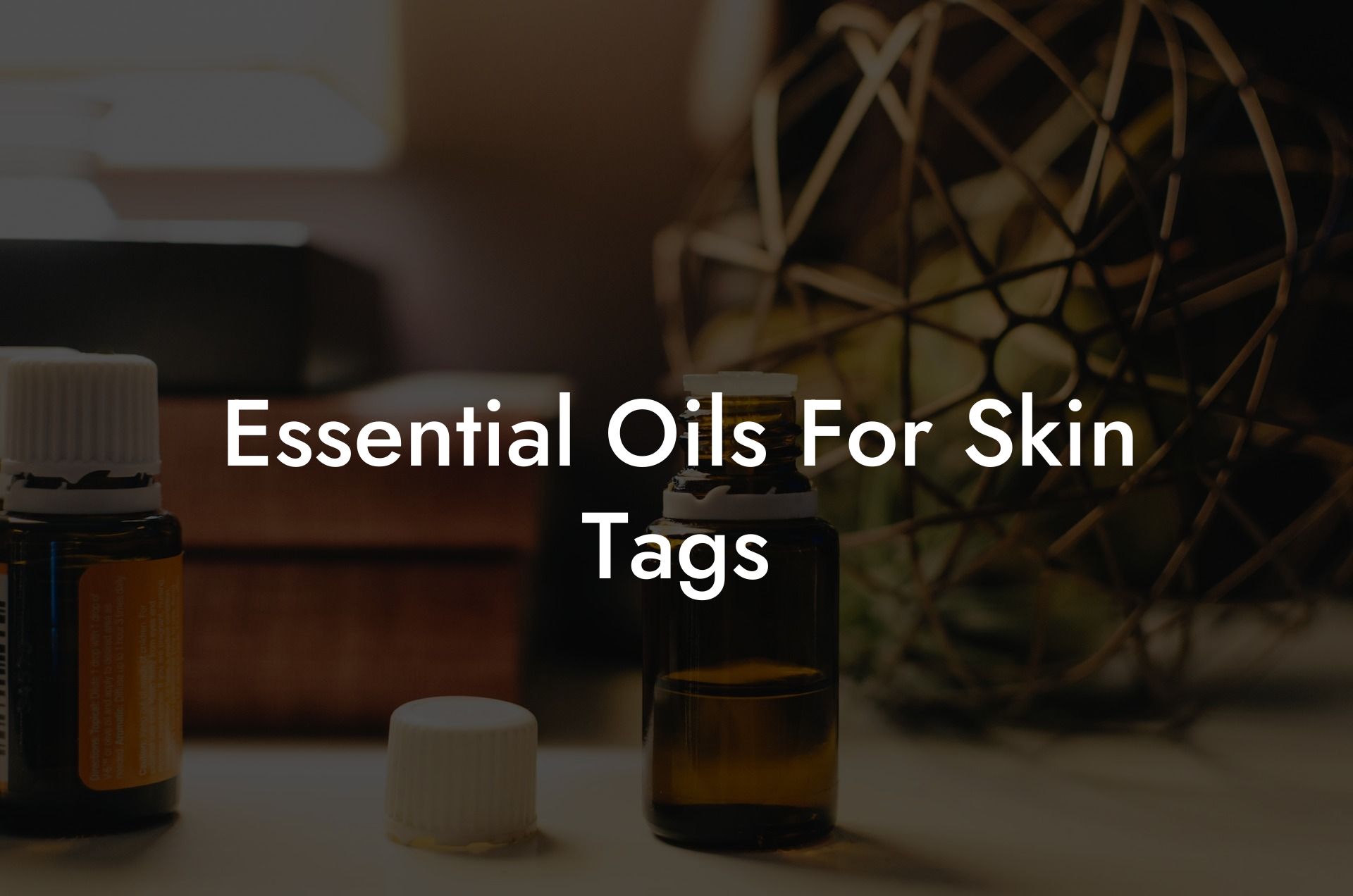The use of essential oils can be traced back thousands of years, and one of the most fascinating places to find references to their use is in the Bible. Essential oils played a significant role in Biblical times, used for various purposes such as anointing, healing, and rituals. In this article, we explore the essential oils mentioned in the Bible, the context they were used, and how you can incorporate them into your modern life.
Table of Contents
Essential Oils in the Bible
The Bible refers to many different essential oils, commonly used for various purposes such as anointing, healing, and cleansing. Some of the most well-known essential oils mentioned in the Bible include:
- Myrrh
- Frankincense
- Spikenard
- Cedarwood
- Hyssop
- Cinnamon
- Cassia
- Coriander
Myrrh
Myrrh is mentioned numerous times in the Bible, most notably as one of the gifts presented to Jesus by the wise men. (Matthew 2:11) Myrrh was also used as a key ingredient in the holy anointing oil, described in Exodus 30:23. Its medicinal properties include being an antiseptic and a pain reliever. Myrrh was also used as a perfume, embalming agent, and incense.
Frankincense
Frankincense is another one of the prized gifts brought to baby Jesus by the wise men, symbolizing deity. (Matthew 2:11) Frankincense has a sweet, rich, and woody aroma and was burned as a symbol of prayer and offering to God throughout biblical history. It is also known for its numerous therapeutic qualities, such as reducing inflammation and boosting immune function.
Spikenard
In John 12:3, Mary anoints Jesus’ feet with spikenard, an aromatic and expensive oil derived from the root of the Nardostachys jatamansi plant. Spikenard has a strong, sweet, and earthy aroma, and has been used as a perfume, medicine, and for spiritual purposes. It is said to have calming and grounding properties, commonly used today to help with relaxation and sleep.
Cedarwood
Cedarwood is mentioned multiple times in the Bible, often in reference to the construction of temples and other holy structures. (1 Kings 6) It is known for its warm and woody fragrance and has been used throughout history as a natural insect repellent and for its decongestant properties.
Hyssop
Hyssop, a herb with small blue flowers, plays a significant role in the Bible as a purifying and cleansing agent. (Psalm 51:7) Today, hyssop essential oil is known for its respiratory support, promoting healthy lung function and easing congestion.
Cinnamon
Cinnamon, a well-known and popular spice today, was used in the Bible as a component of the holy anointing oil described in Exodus 30:23-24. It is known for its ability to promote warmth and stimulate circulation, as well as its delightful, spicy aroma.
Cassia
Cassia (Cinnamomum cassia), also a component of the holy anointing oil, is a close relative to cinnamon. It is known for its immune-boosting and anti-inflammatory properties, and has a warming, spicy, and slightly sweet aroma.
Coriander
Coriander, described as “the hidden manna” in Exodus 16:14, refers to both the seeds and leaves of the coriander plant. Coriander essential oil is known for its digestive support, as well as its antibacterial and antifungal properties.
Essential Oils In Bible Example:
Incorporating these biblical essential oils into your modern lifestyle is easier than you might think. For a simple and effective way to enjoy the benefits of these sacred oils, try diffusing a combination of frankincense, myrrh, and cedarwood in your home. This blend can help create a soothing and uplifting atmosphere, promoting relaxation and a sense of spiritual connection.
The use of essential oils in the Bible offers us incredible insights into their importance in ancient times, and helps us understand the rich history and significance of these precious gifts from nature. By incorporating these Biblical oils into your modern lifestyle, you can experience the benefits and blessings they have to offer. Be sure to share this article with others who might be interested in learning more about essential oils in the Bible, and explore our other guides on Oshu Oils for a wealth of knowledge on essential oils and aromacology. And don’t forget to check out our Oshu Oils range so that you can experience the power of these ancient oils firsthand.

